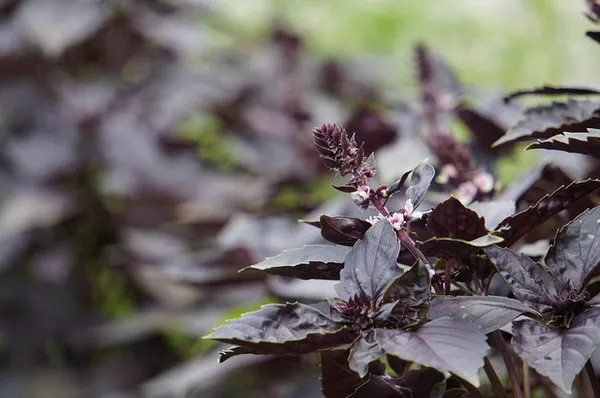In a recent study published in Nature Food, an international team of researchers, including Francisco Dini-Andreote, a professor of plant science at Penn State, has revealed that climate change poses a significant threat to bacteria crucial for the well-being of plants and, consequently, global ecosystems.
The collaborative effort involved characterizing the abundances and distributions of plant beneficial bacteria (PBB) from soils worldwide. By leveraging data from the Earth Microbiome Project, the researchers identified microbes providing services such as biocontrol, promoting plant growth, and enhancing stress resistance. These services position these bacteria as essential components of productive agroecosystems, vital for food production.
Dini-Andreote emphasized the significance of plant-associated microbiomes, describing them as an extension of the plant metabolic capacity, often referred to as “the second genome of plants.” This aligns with the hologenome concept, which considers the total set of genes within an organism and its associated microbiome to infer organismal health and evolution.
The study revealed several trends in PBB diversity, with higher levels in lower latitudes, particularly concentrated in North America and Africa. Climate, as a local environmental variable, emerged as a strong predictor of PBB community composition, influencing the distribution of these bacteria globally.
To project future scenarios, the researchers modeled climate changes based on Intergovernmental Panel on Climate Change projections. Under a fossil-fueled development scenario with tripled greenhouse gas emissions by 2075, the model predicted a decline in PBB associated with biocontrol and stress resistance. The decline was more pronounced (0.60%) compared to a sustainability scenario (0.07%). Steady declines in middle-latitude regions were anticipated, with increases in polar and equatorial regions under all scenarios.
Dini-Andreote acknowledged the limitations of predictive models, emphasizing the need for experimental validation. Controlled settings can expose plant-soil systems to climate-related stress, allowing researchers to evaluate shifts in PBB communities.
While the study aims to inform community ecology research, the researchers hope it will also stimulate agricultural innovation for increased food security. However, the potential solutions do not involve traditional soil probiotics, which may have limitations such as requiring continual application and the inability to culture a significant fraction of soil microbes.
Dini-Andreote proposed an alternative approach: understanding how distinct PBB survive in association with plants, leading to the development of strategies to engineer crops. By producing compounds that nourish beneficial microbes, plants can recruit these bacteria without external probiotic input.
Seth Bordenstein, director of the One Health Microbiome Center, praised the research’s impact on plant-microbe interactions within a One Health context. He highlighted Dini-Andreote’s vision for plant hologenome studies and their integration with global environmental and geographic data, emphasizing evidence-backed sustainability challenges.
In conclusion, the study serves as a call to action, urging further empirical studies of PBBs. The potential impacts of innovative applications, such as engineering crops to support beneficial bacteria, underscore the importance of exploring the complex realm of microbiomes amid the challenges posed by a changing climate.


